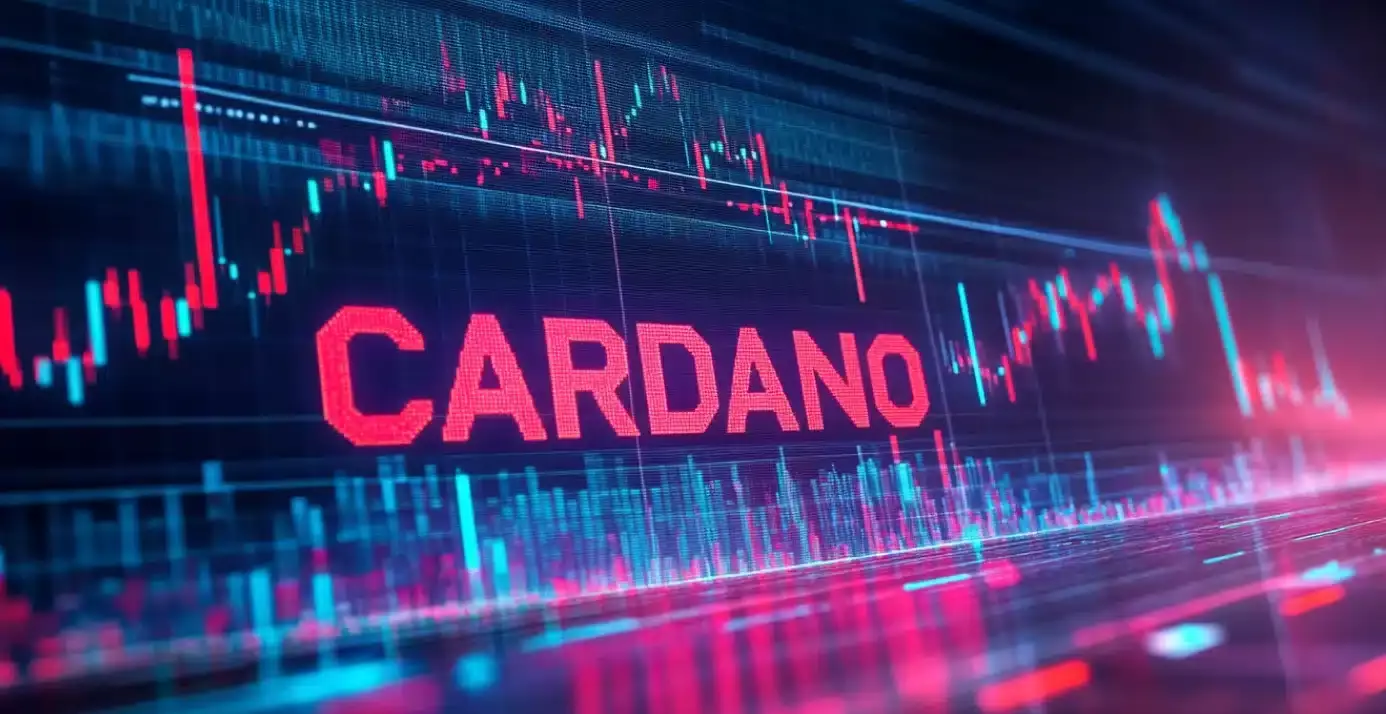In recent weeks, Cardano (ADA) has faced significant challenges, reflecting the broader struggles of the cryptocurrency market. The token plummeted to a low of $0.70, marking a staggering decrease of over 47% from its peak in December of the previous year. This decline isn’t unique to Cardano; other prominent altcoins have also experienced sharp decreases. For instance, Polkadot (DOT) has tumbled to $4.75, a drop exceeding 60% from its December highs. Chainlink (LINK) has similarly witnessed a decline of around 40%. The overall atmosphere in the crypto world is laden with fear—evident as the fear and greed index has registered a sharp decline to a fear zone reading of 35. This shift indicates that many investors are opting to remain cautious and sidelined amidst the prevailing volatility.
Ecosystem Challenges and Limited Revenue
Adding to Cardano’s difficulties is the underperformance of its ecosystem. Data from DeFi Llama reveals that the total value locked in Cardano’s decentralized finance (DeFi) ecosystem has dwindled to a mere $350 million, falling short when compared to competitors such as Mantle, Cronos, and Berachain. This decline highlights a broader trend of diminishing engagement within Cardano’s offerings. Additionally, when examining its standing in the stablecoin market, Cardano’s market cap has sunk to approximately $22.48 million, placing it far behind established chains like Tron and Ethereum. Such diminishing market share is worrying for holders and future investors alike.
Meanwhile, the revenue generated by Cardano’s ecosystem paints a stark picture of its financial health. With app revenue recorded at a paltry $1,236, it becomes apparent that a network valued at more than $30 billion is not living up to its potential in generating meaningful income. Moreover, with only around 25,460 active addresses, the engagement levels are concerningly low, further exacerbating Cardano’s challenges.
Technical Analysis and Price Predictions
From a technical analysis perspective, Cardano’s price trajectory appears far from promising. Over the past few months, the ADA token has seen a consistent downward trend, declining from $1.3268 in November to its current level near $0.70. A closer examination reveals the token has fallen below crucial support levels, specifically the 50% Fibonacci retracement point, which was situated at $0.80. Additionally, the price dropped below the 200-day moving average of $0.7230—a significant indicator often seen as a negative signal in technical analysis circles.
The recent extension below the support at $0.7610, along with the emergence of a double-top formation at $1.1630, spells further trouble for ADA. A double-top is typically recognized as a key bearish reversal pattern, heightening concerns for traders and investors. Should the price continue to descend, the next significant threshold to monitor would be the previous week’s low of $0.5597, signaling a potential further decline of approximately 20%. Conversely, a movement above the resistance zone at $0.7610 could potentially alter the current bearish outlook, offering a glimmer of hope for Cardano’s supporters.
While the current climate for Cardano and numerous other cryptocurrencies remains fraught with uncertainty, future developments and market shifts could pave the way for recovery if key resistance points are breached. For now, however, the pressure remains palpable, keeping Cardano’s trajectory under scrutiny.















